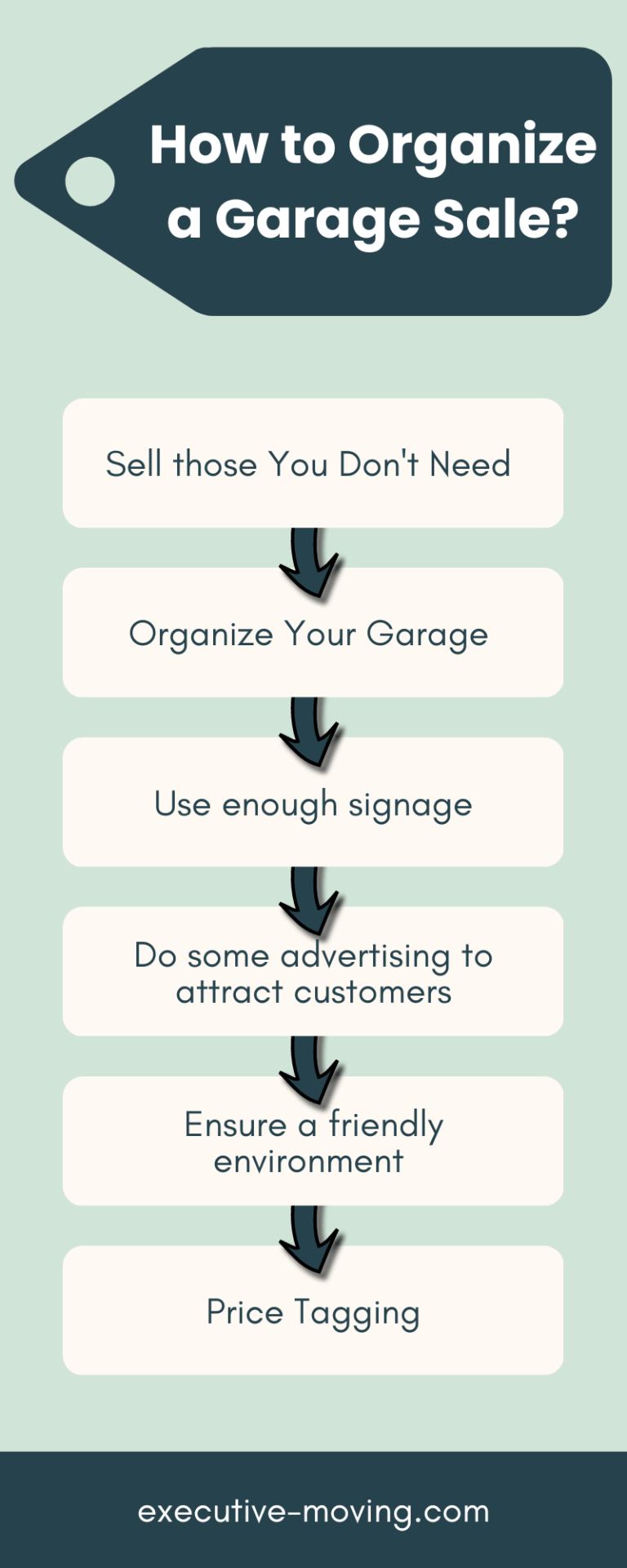
The Ultimate Guide to Moving to Ontario: What You Need to Know?
The Ultimate Guide to Moving to Ontario: What You Need to Know? Ah, Ontario! The land of polite apologies, maple syrup, and yes, the glorious Niagara Falls. If you’re on the brink of moving to Ontario, Canada’s charming east-central province, buckle up for a ride smoother than a Zamboni on













